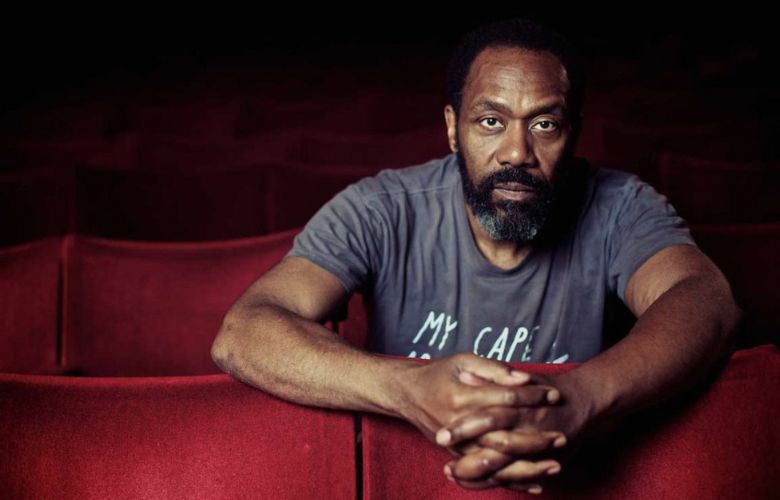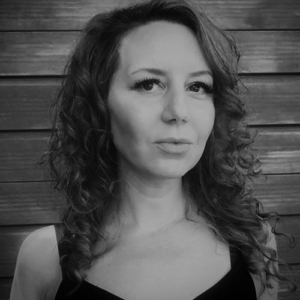
Legendary UK comedian and actor Sir Lenny Henry has highlighted the lack of diversity at Glastonbury Festival. Speaking with BBC presenter and journalist Clive Myrie in an interview for the Radio Times, Henry notes it was “interesting” to see the demographic of the UK’s most well-known festival, and is equally “surprised” by other UK festivals in the same vein.
The conversation stems from a recent comment from Glastonbury Festival’s co-organiser Eamily Eavis, who was speaking about Stormzy performing back in 2019. The epic set from the London-based grime musician, was actually the first Black solo British headliner at the festival, to which Eavis admitted:
“He was representing the black community in a very predominately white festival and obviously that’s a really important moment for us, but it’s also a little bit late maybe. We should have probably done it before.”
The BBC have explained that Sir Lenny commented on the crowd at Glastonbury, noting places where diversity is lacking, saying:
“I’m always surprised by the lack of black and brown faces at festivals. I think, ‘Wow, that’s still very much a dominant culture thing’.”
Sir Lenny discussed other elements about diversity within the industry, ahead of his new documentary about Caribbean culture in the UK, and congratulated Mr Myrie on his new gig hosting the popular BBC quiz Mastermind.
Henry has long been an advocate for equal rights and representation in the Arts, most recently speaking out on institutionalised racism in the entertainment industry in August 2021, with an in-depth report from Birmingham City University.
The study was commissioned by the Sir Lenny Henry Centre for Media Diversity at Birmingham City University and the Personal Managers Association (with support from the Casting Director’s Guild). The results found:
Recommendations from the Race Between the Lines: Actors’ Experience of Race and Racism in Britain’s Audition and Casting Process and On-Set report include:
Sir Lenny spoke honestly in the Foreword of the study, explaining:
“Casting is one of the most important aspects of achieving true and accurate diversity, inclusion and equity in the acting profession. It is literally the foundation that everything else is built upon, and yet too often it is overlooked in discussions around race, gender and under representation.
After more than forty years in the industry there is no doubt in my mind that it is one of the greatest challenges facing the industry. Every time we see a great actor like Thandiwe Newton, Idris Elba or David Harewood leave these shores to find opportunities denied to them in the UK, it is a painful reminder of why casting is so important.
This report finally brings into the open what many of us talk about, and suffer, in private.
I know from personal experience the powerlessness that far too many actors feel to be able to speak out when we witness or experience racist stereotypes – the report illustrates this by the finding that three fifths of us “never”, “rarely”, or only “sometimes” feel able to turn down auditions with stereotypes.
And the fact that the majority of respondents had directly experienced racism in the workplace should be a stain against the entire industry.
We all work in this industry because we love it, but we must do better.
I hope this report will be an important contribution to us all doing better.
Sir Lenny Henry”
You can read the full study online.
Accessibility At The Smith Center Series: Part One
James “Fitz” FitzSimmons Interview: The Boys In The Band On Netflix


Michelle is a musician and composer from the UK. She has performed across the UK and Europe and is passionate about arts education and opportunities for women and girls.
Read Full Profile© 2021 TheatreArtLife. All rights reserved.

Thank you so much for reading, but you have now reached your free article limit for this month.
Our contributors are currently writing more articles for you to enjoy.
To keep reading, all you have to do is become a subscriber and then you can read unlimited articles anytime.
Your investment will help us continue to ignite connections across the globe in live entertainment and build this community for industry professionals.